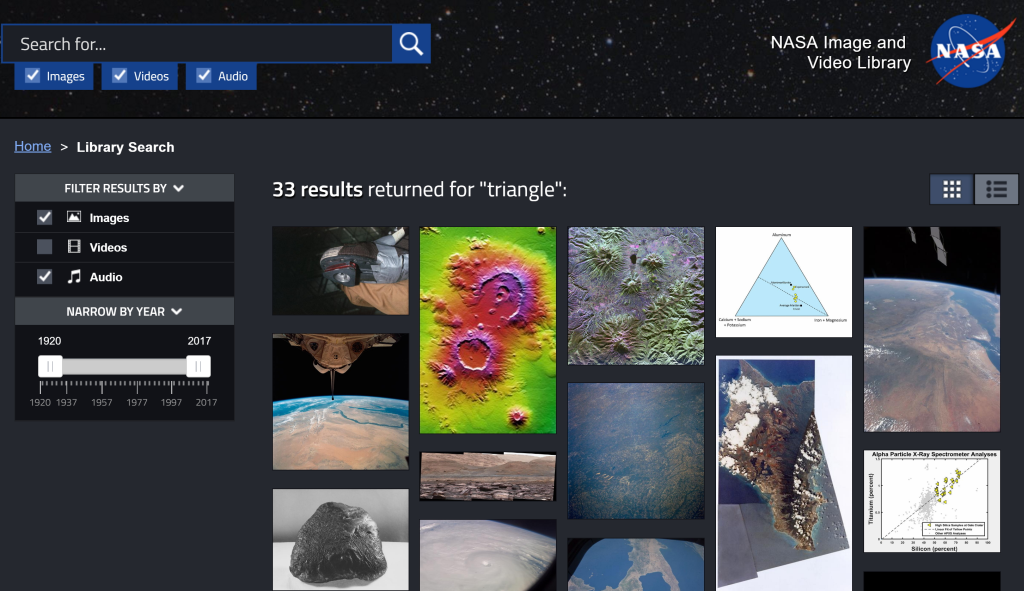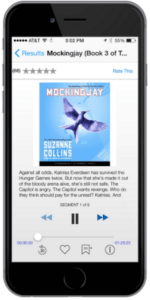Looking for your next book? Or are you an audiobook afficionado? You don’t need to wait for an Audible performance to listen to your favorite classics. The Project Gutenberg (PG) Open Audiobook Collection has made its debut, and now, you’ll find a wealth of audiobooks powered by Microsoft AI on various platforms! These AI audiobooks boast an audio version of public domain e-books. But before jumping into all the details, let’s step back a moment. Project Gutenberg has a 50 year history of volunteers digitizing texts.
What is Project Gutenberg (PG)?
Project Gutenberg offers free e-books. Their collection is over 70,000 strong, and includes the world’s great literature. It also includes books for which U.S. copyright has expired.
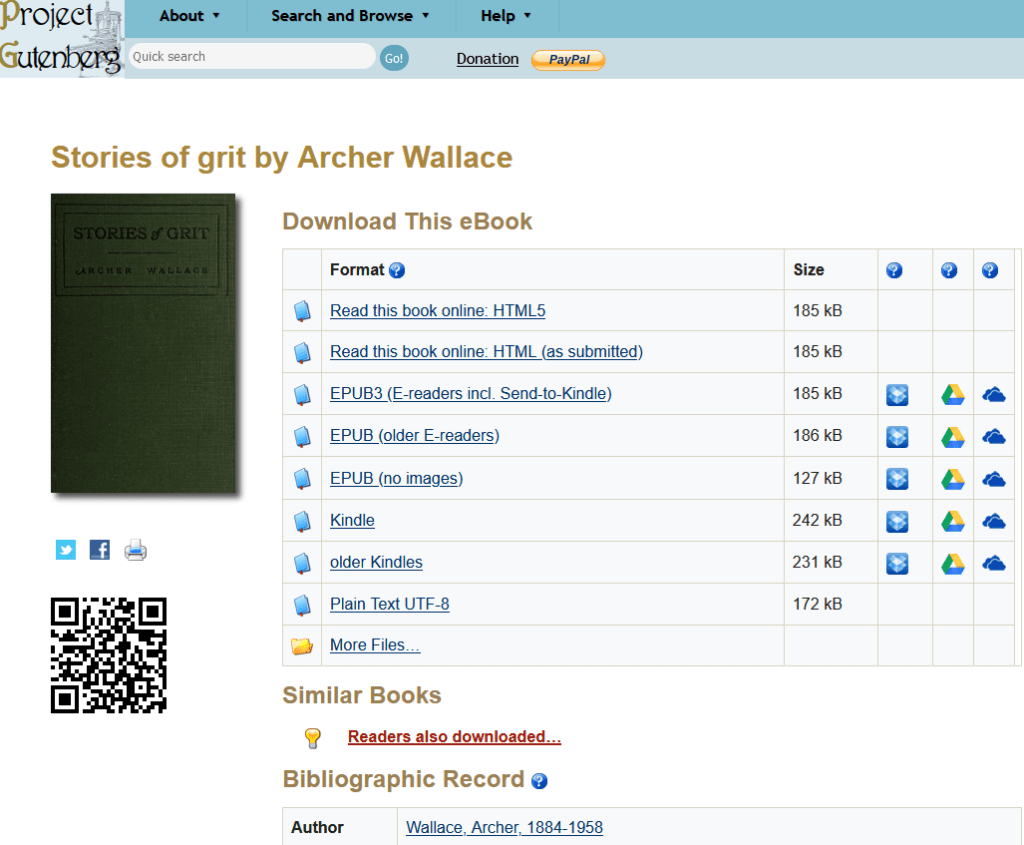
You may have missed the word “free” before, so let’s clarify that these e-books are without cost to you, and you can read these on a variety of devices. That’s because their books are in common formats, such as ePub, Amazon Kindle, and HTML. That’s right, HTML is the language of the web, and you can read books via your web browser.
Some PG links to get your started:
The Project Gutenberg (PG) Open Audiobook Collection
The website characterizes the Microsoft and PG collaboration in this way:
Project Gutenberg and Microsoft have worked together. They have created create thousands of free and open audiobooks. They used new neural text-to-speech technology and the large open-access collection of e-books.
This project aims to make literature more accessible to (audio)book-lovers everywhere. It seeks to democratize access to high quality audiobooks.
(adapted from source)
The books are accessible via several audio sources, including:
You can browse the collection online, as well. Browsing the collection yields an alphabetical list of audiobooks.
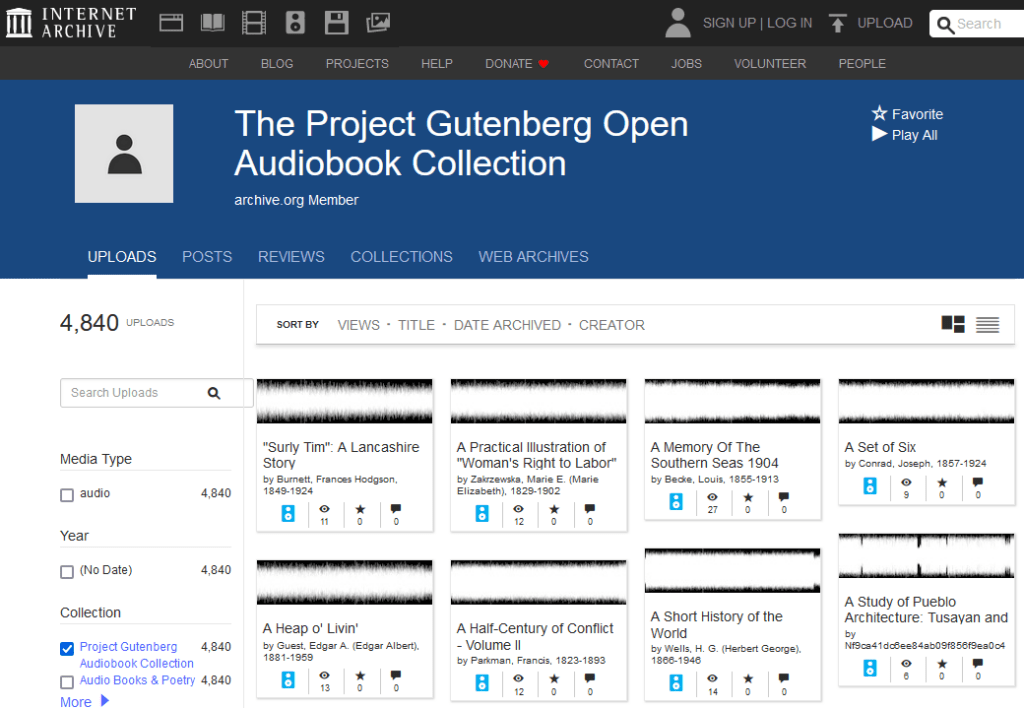
A quick note about audio quality and its reception among listeners. Of course, you will want to judge the storytelling ability of AI voice.
Audio Quality of Project Gutenberg Audiobooks
Since PG relies upon Microsoft AI reading of texts, it’s worth taking a moment to assess the audio. For example, compare these acoustical renderings of a favorite text of mine:
- Audible: A Connecticut Yankee in King Arthur’s Court
- LibreVox: A Connecticut Yankee in King Arthur’s Court
- PGMI Open Audiobook Collection: A Connecticut Yankee in King Arthur’s Court (AI generated)
Since Nick Offerman (e.g. Parks and Recreation, Last of Us) reads the Audible version, you’ll find the audio rich. Once you start listening to the sample Audible makes available, you may not want to stop. That aside, the AI version in the Open Audiobook Collection was quite good, smooth and full of youth. The story captivated me, and the AI reading did not get in the way. And, that is amazing given it’s Microsoft AI voice.
Bonus Tool: LibriVox Recordings (No AI Audiobooks Here)
Now that you know about Project Gutenberg, allow me to doff my hat to LibriVox .
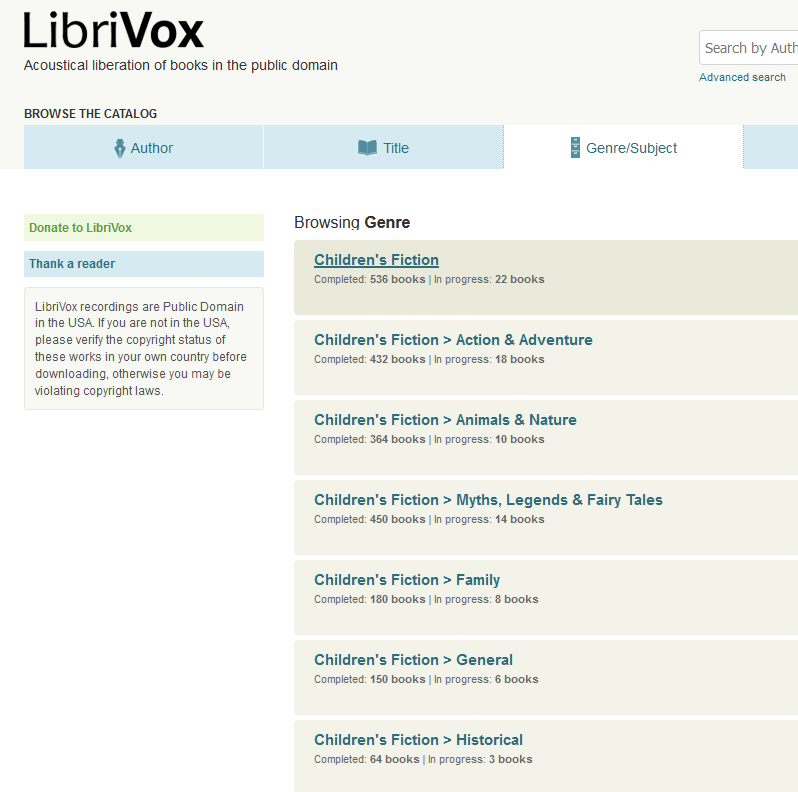
Since August, 2005, LibroVox has offered free public domain audiobooks. LibriVox terms these readings of public domain texts “acoustical liberation of books in the public domain.” Real people read the texts and quality varies per the reader. Some are quite richly read with a convincing timber and resonating authenticity.
Unlike Chirp or Audible books that you have to pay for, LibriVox’ library of content is available at no cost and includes texts from Project Gutenberg. The famous Internet Archive hosts the audio files.
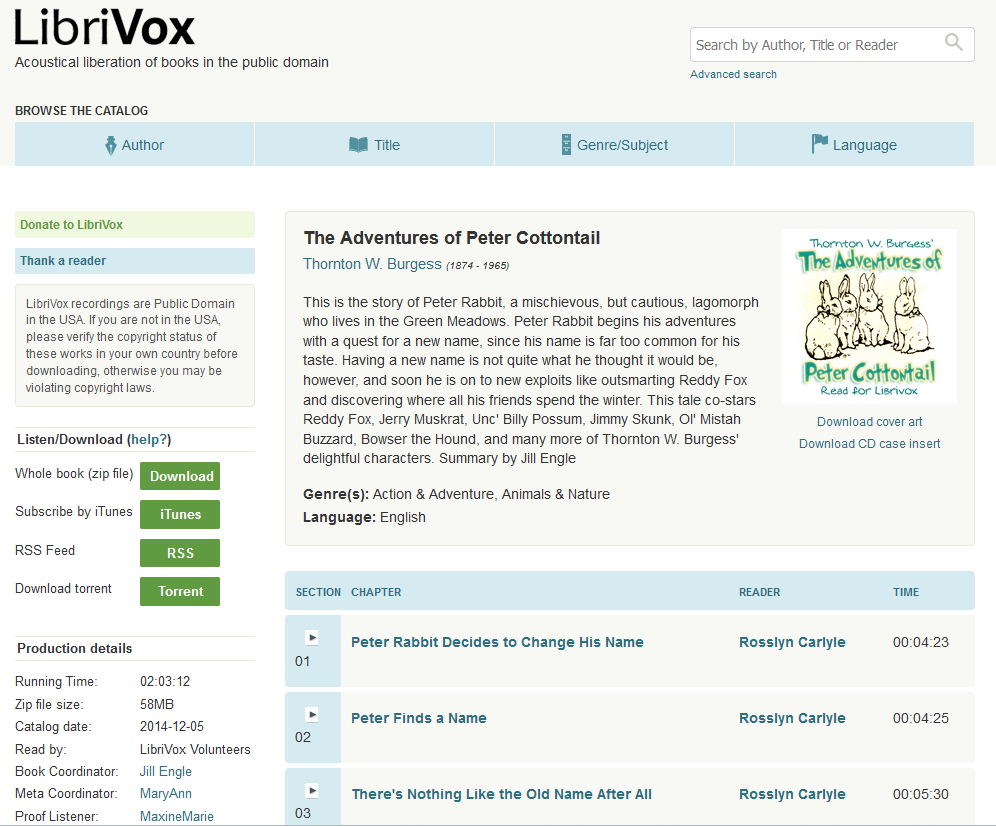
Some LibriVox recordings to enchant your ears:
- Call of the Wild and White Fang
- Science fiction books in Spanish (other languages available)
Now that you’ve had a chance to learn more about Project Gutenberg, explore LibriVox. It’s time for the new!
AI-Powered, Open Audiobooks
Be sure to check out these AI-powered audiobooks in this Open Audiobook Collection by Project Gutenberg. And, explore the LibriVox recordings! Let us know what you think in the comments.
Featured Image Attribution: Screenshot by author: https://marhamilresearch4.blob.core.windows.net/gutenberg-public/Website/index.html


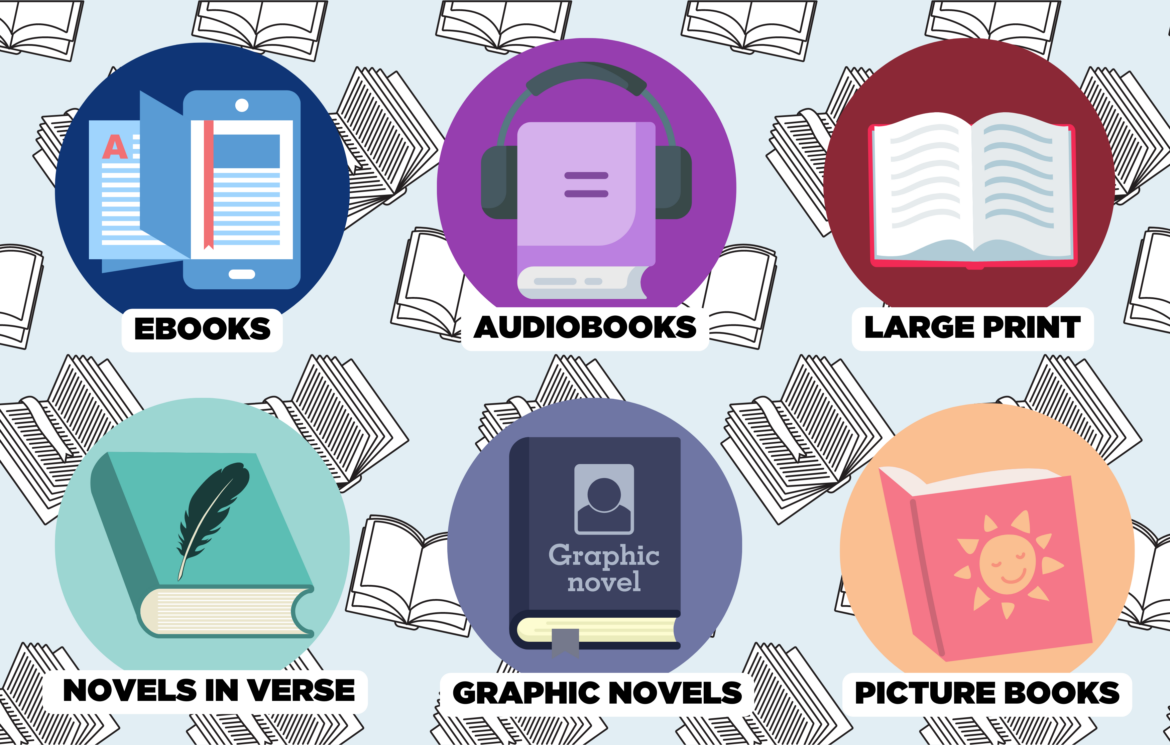
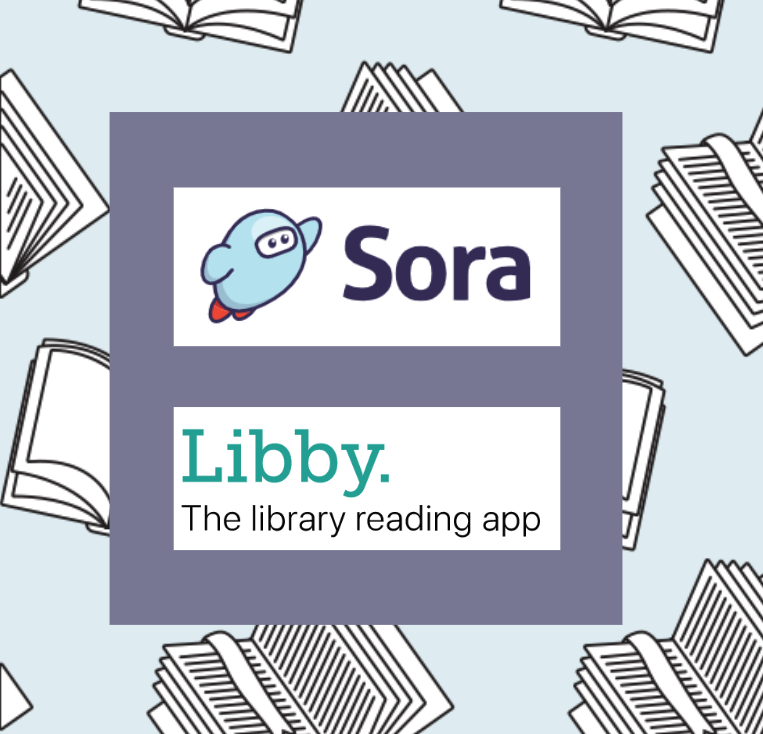
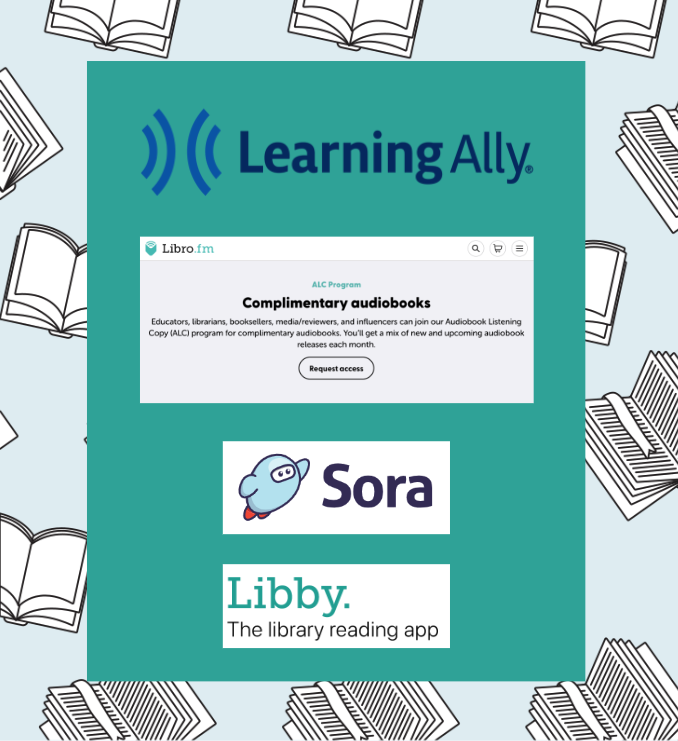
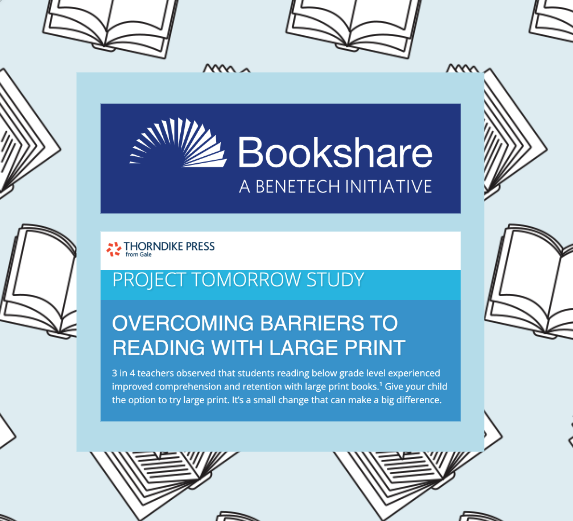
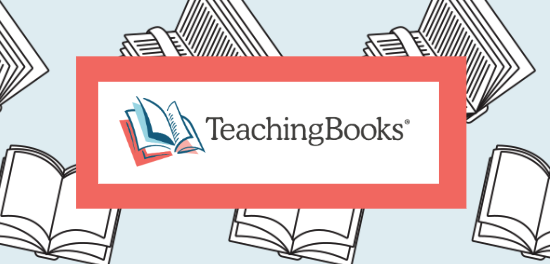

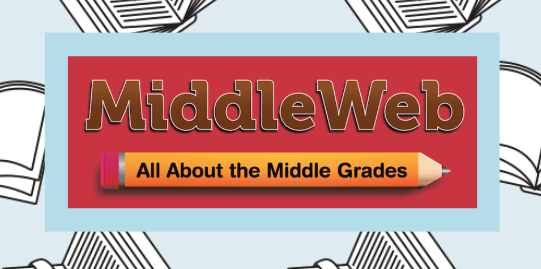
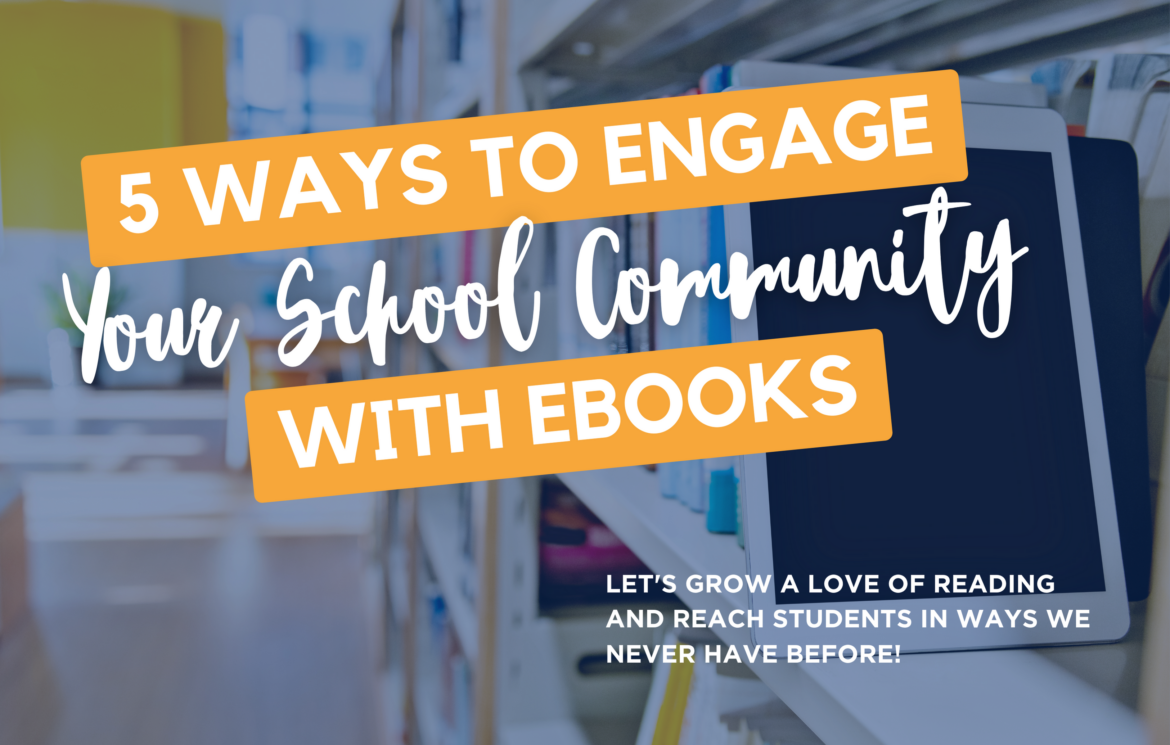
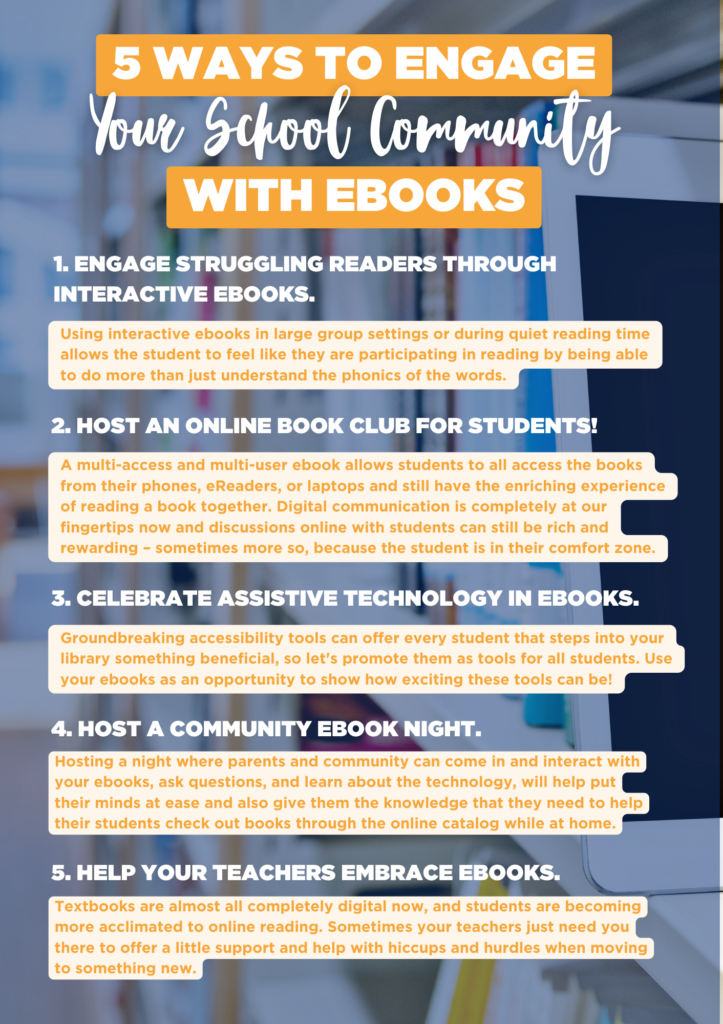
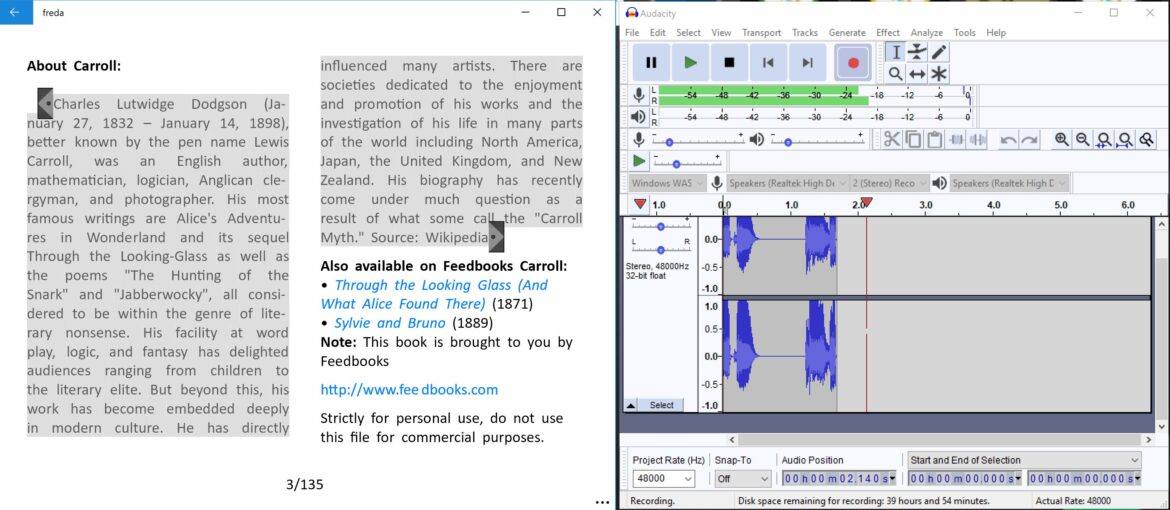
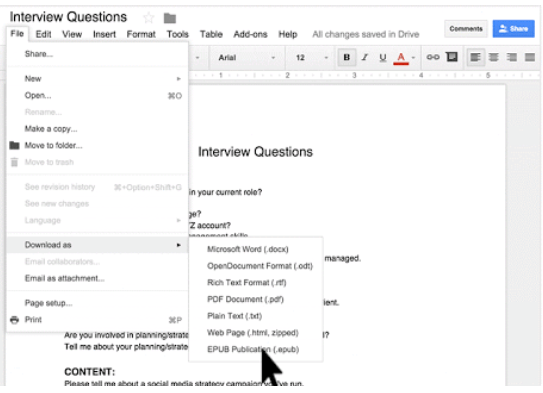
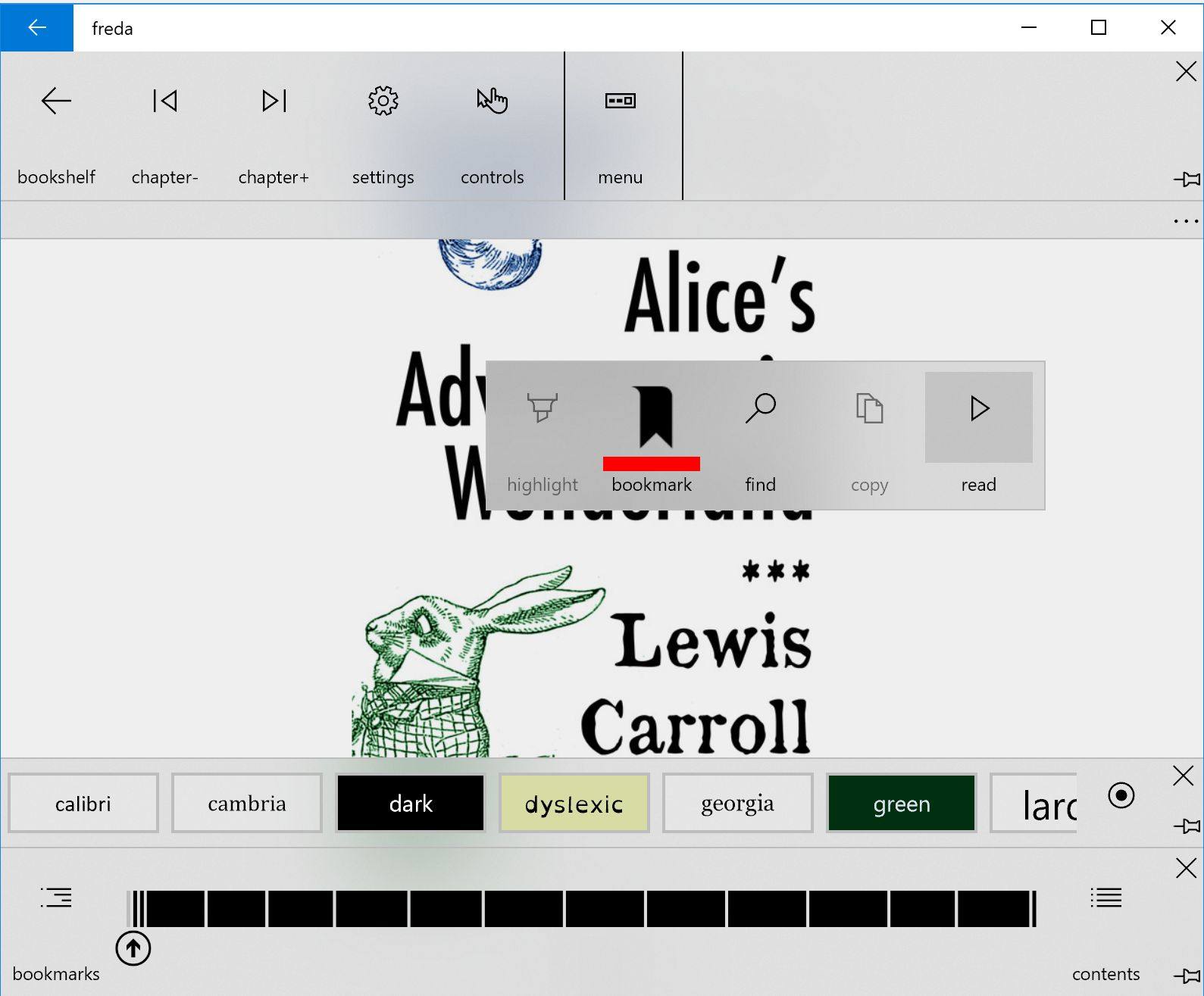
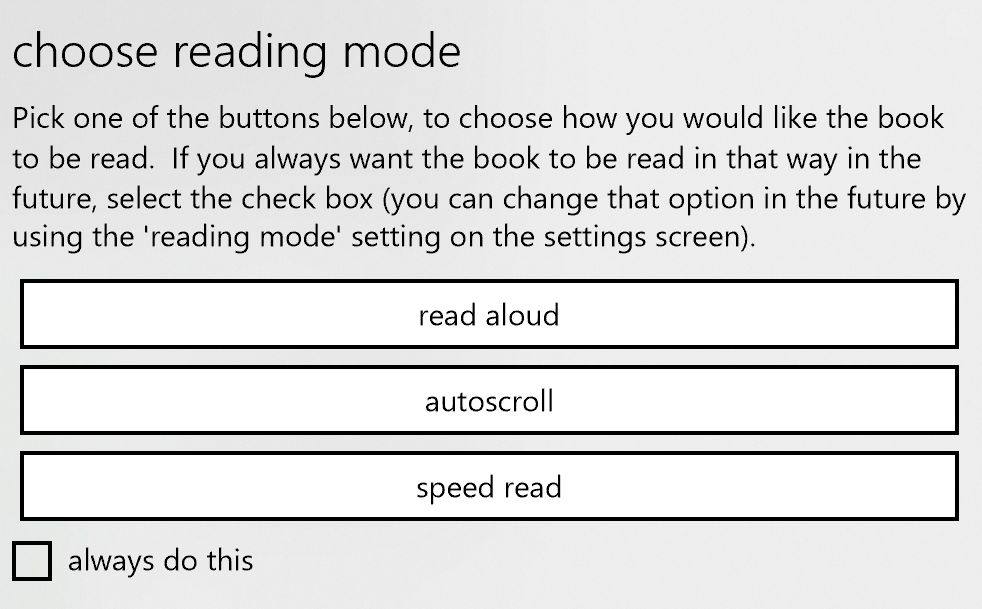
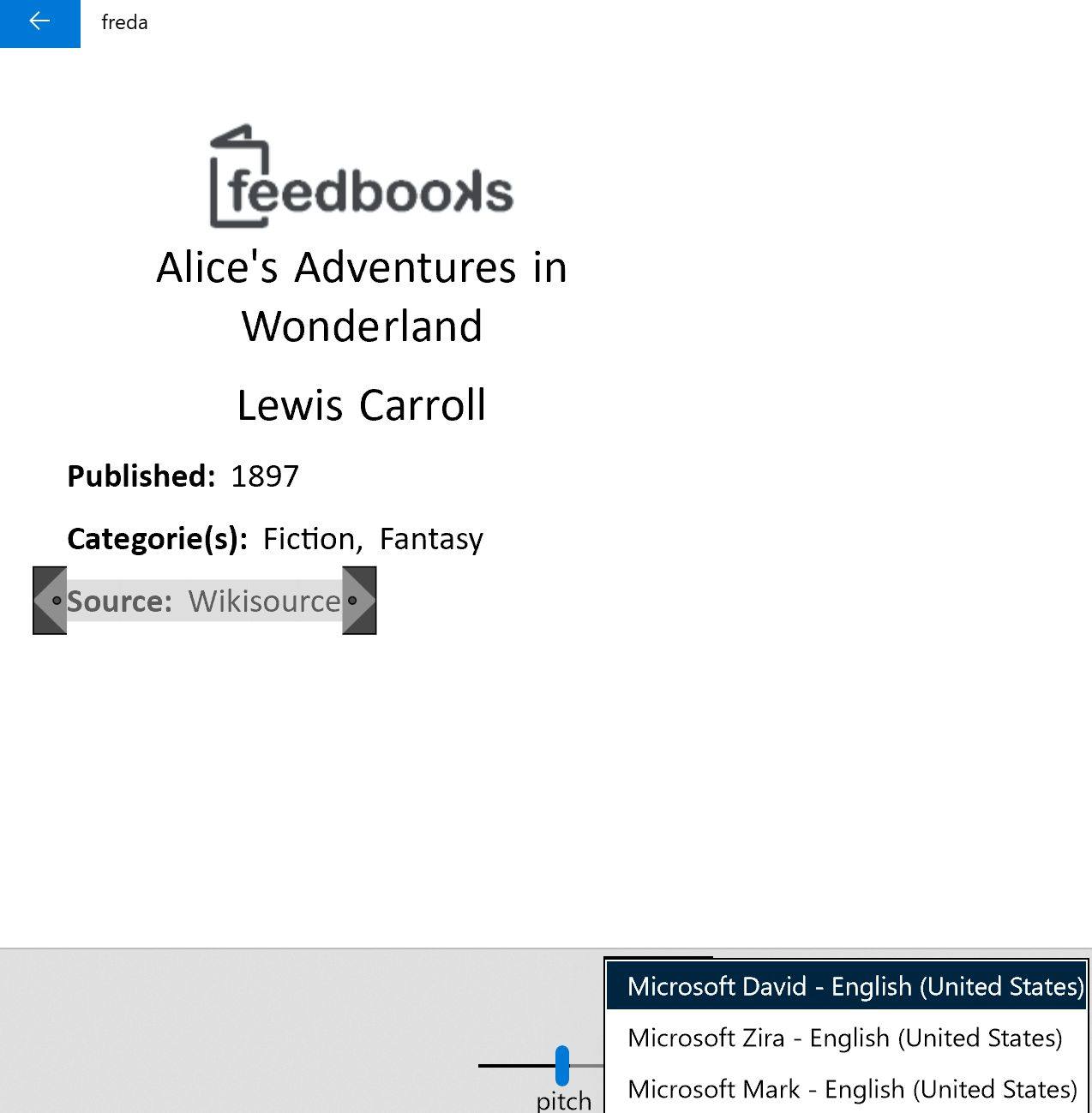
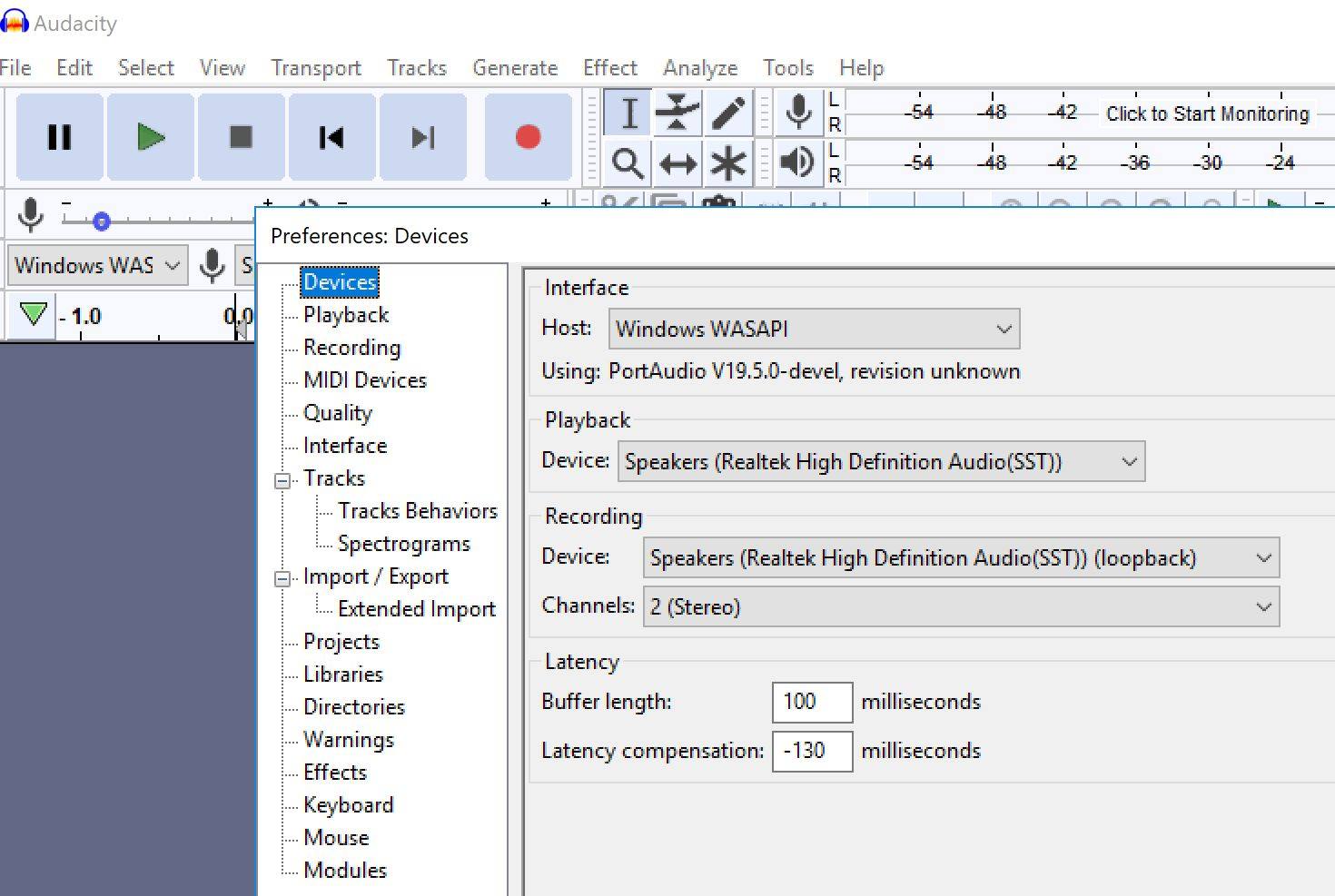
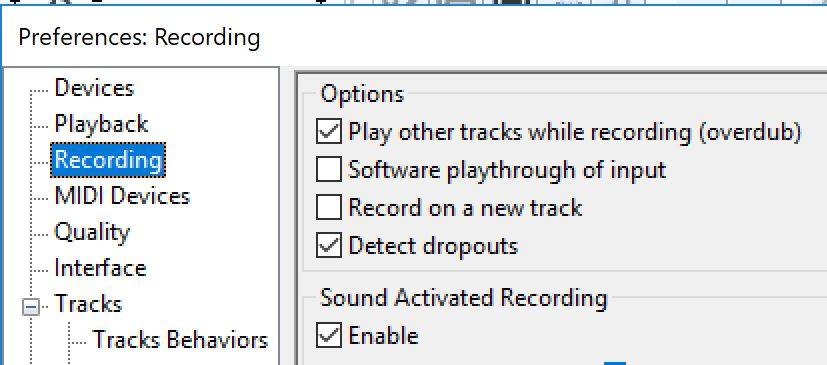
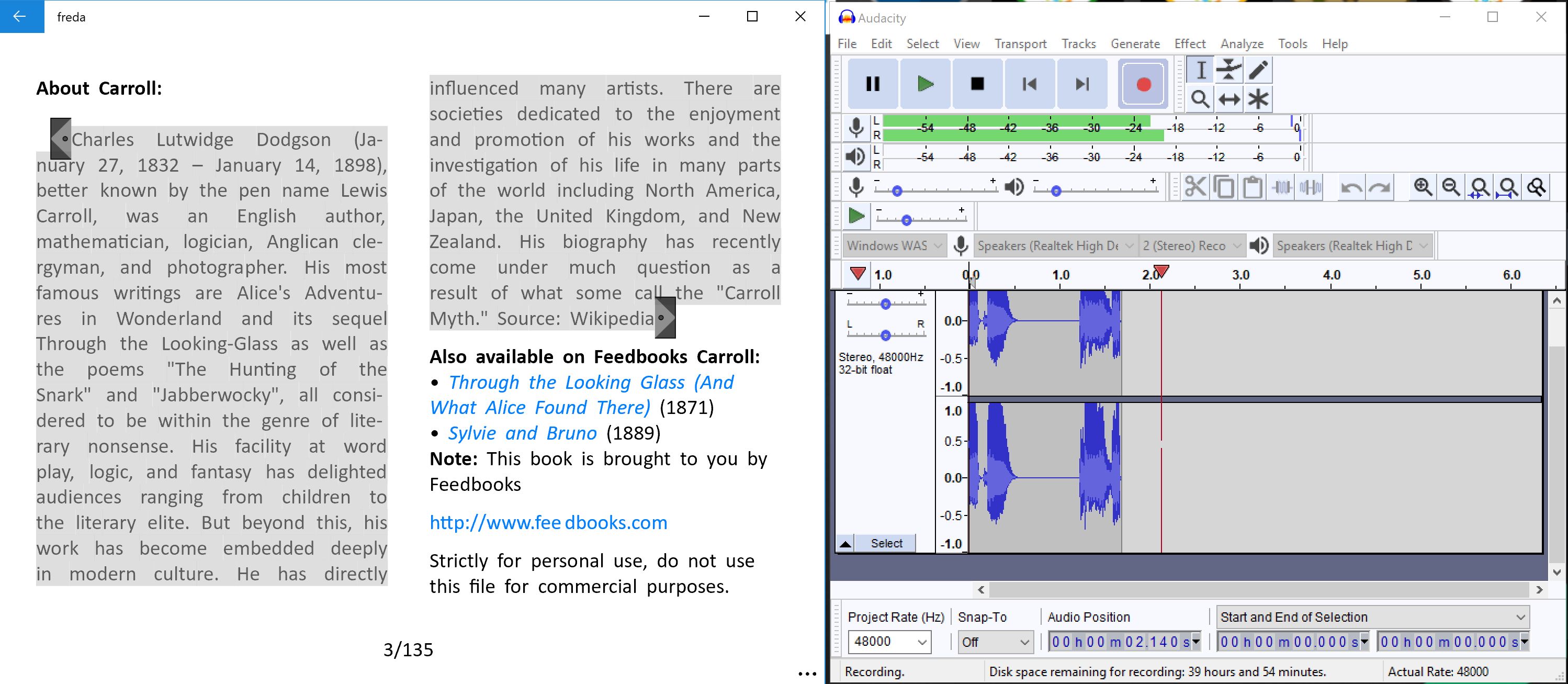
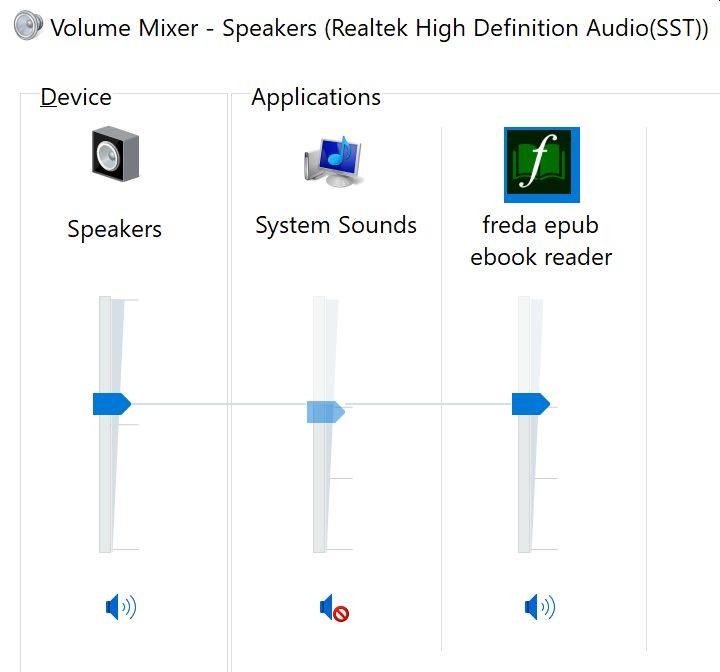
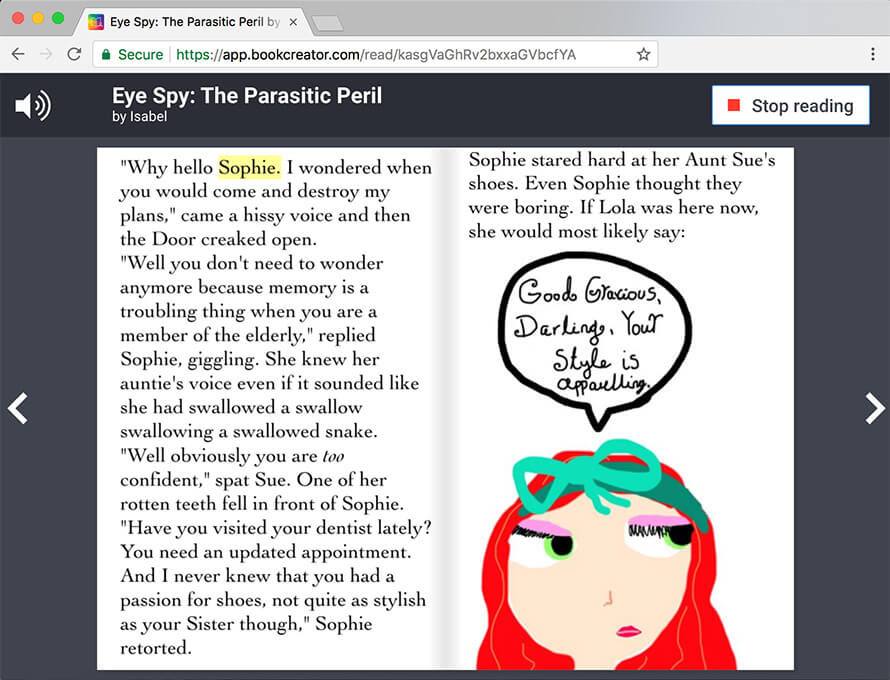

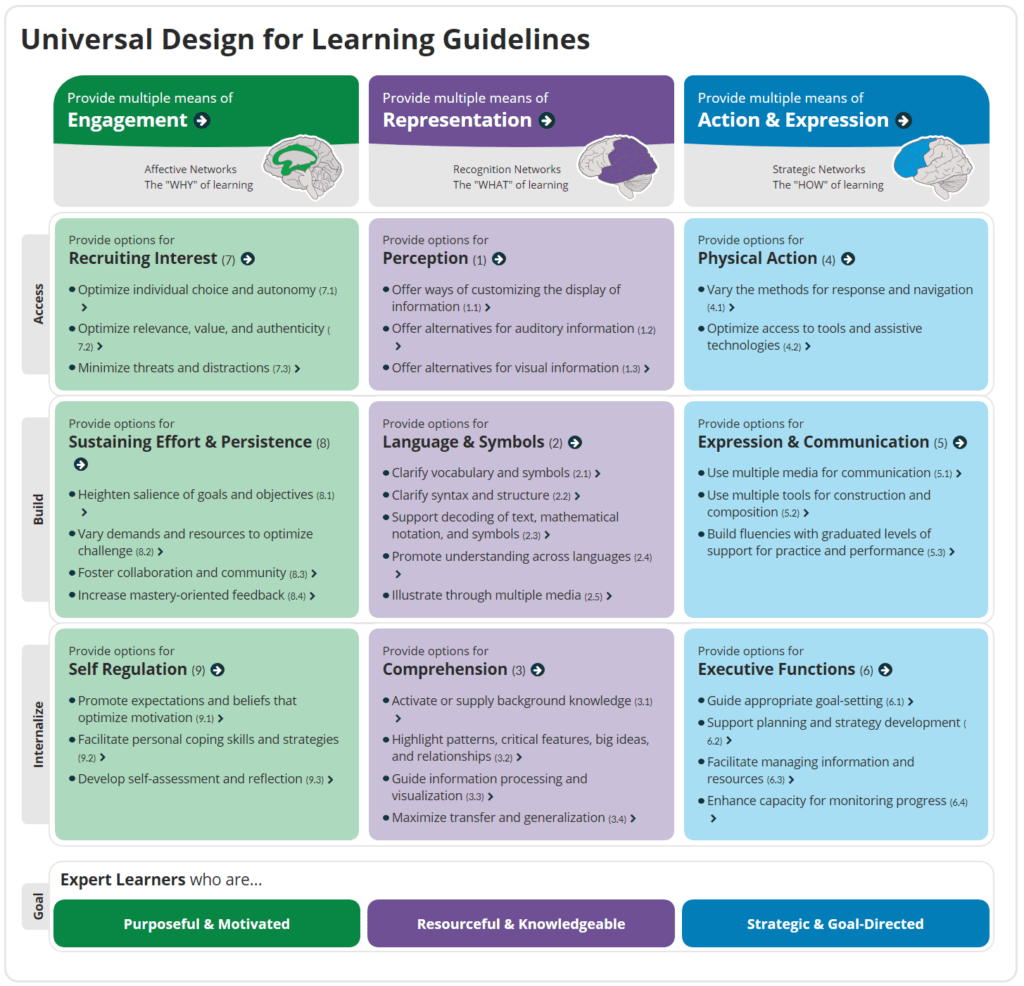


 Did You Know? You can
Did You Know? You can 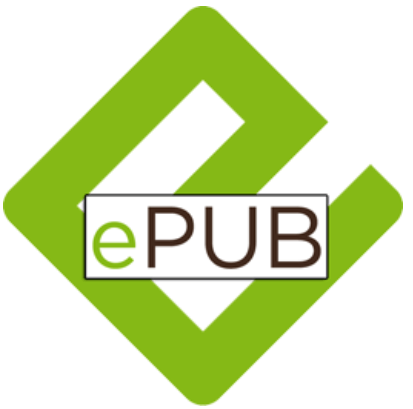 EPUB is an ebook file format with the extension .epub that can be downloaded and read on devices like smartphones, tablets, computers, or e-readers. It is a technical standard published by the International Digital Publishing Forum.
EPUB is an ebook file format with the extension .epub that can be downloaded and read on devices like smartphones, tablets, computers, or e-readers. It is a technical standard published by the International Digital Publishing Forum.  MOBI is an e-book file format with the extension .mobi that can be downloaded and read on devices that support the Amazon Kindle app. The format, customized by Amazon, is often used by Amazon’s ebooks and on little else. There are various programs for making a .mobi ebook file and Amazon provides some tools you can take advantage of. “You can upload and convert your eBook manuscript file from several supported formats. Before you publish, browse the topics below to learn more.”
MOBI is an e-book file format with the extension .mobi that can be downloaded and read on devices that support the Amazon Kindle app. The format, customized by Amazon, is often used by Amazon’s ebooks and on little else. There are various programs for making a .mobi ebook file and Amazon provides some tools you can take advantage of. “You can upload and convert your eBook manuscript file from several supported formats. Before you publish, browse the topics below to learn more.” 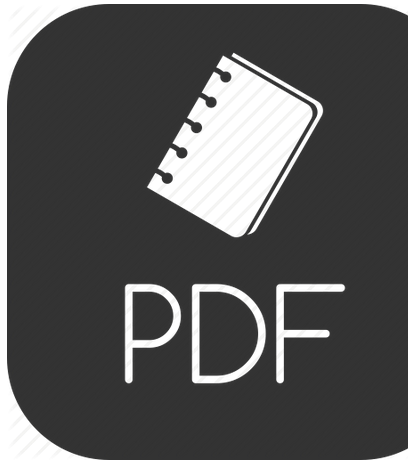 PDF is not an ebook format. Rather, it is a format that seeks to capture the printed version of a document, capturing the look-and-feel of the printed item as if it had appeared on the author’s printer. A large percentage of documents presented as ebooks appear as Adobe Portable Document Formats (PDFs).
PDF is not an ebook format. Rather, it is a format that seeks to capture the printed version of a document, capturing the look-and-feel of the printed item as if it had appeared on the author’s printer. A large percentage of documents presented as ebooks appear as Adobe Portable Document Formats (PDFs).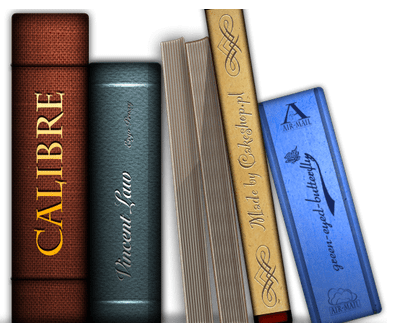 Need to convert ebooks from one format to another? Use
Need to convert ebooks from one format to another? Use 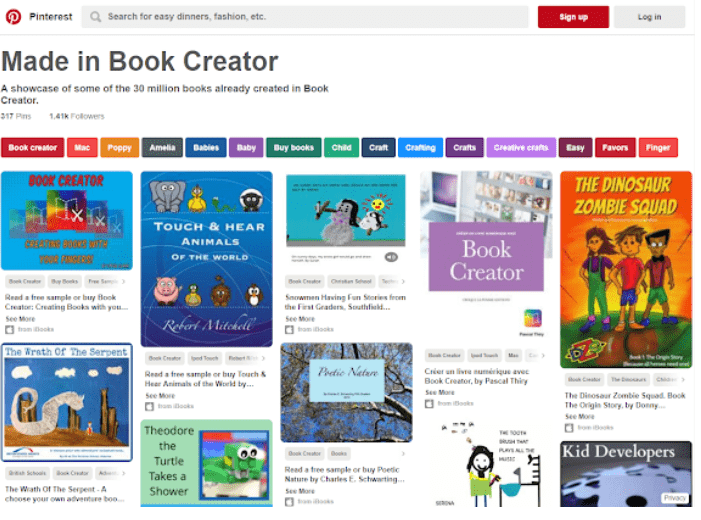

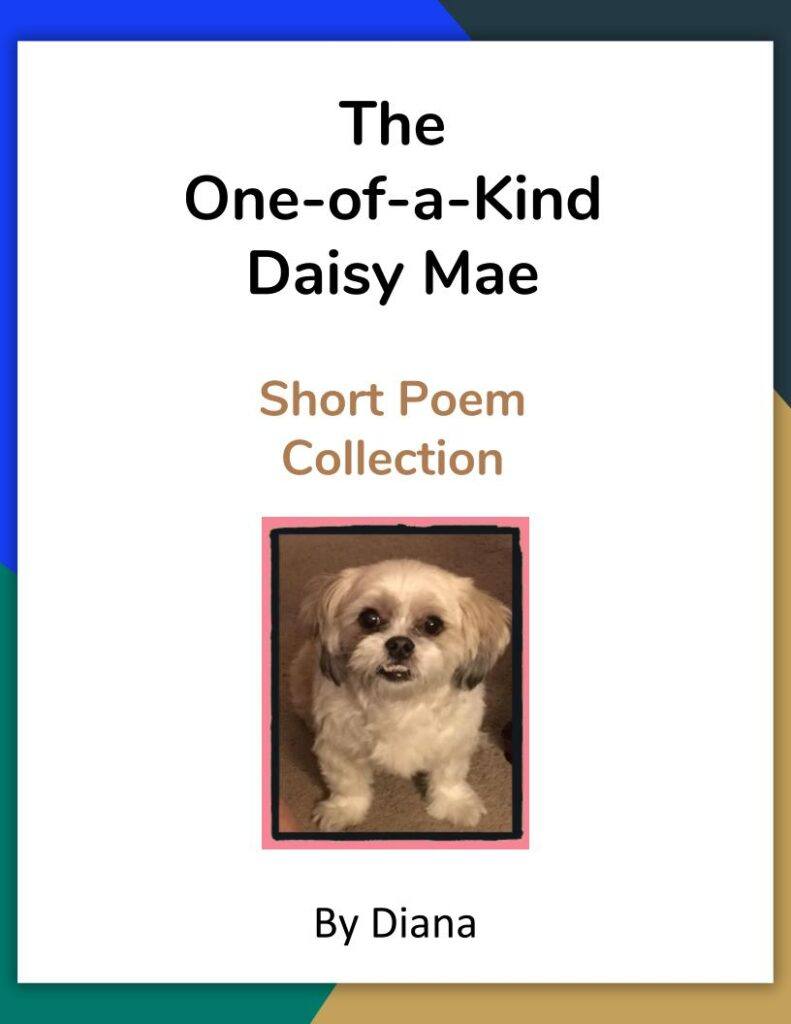

 Most free books are in the public domain, but that doesn’t mean that they are not relevant for our students. But that’s not the only place to find free books. Some parents and students may benefit from signing up for a free month with a particular service even if they don’t plan to extend their usage beyond the complimentary time.
Most free books are in the public domain, but that doesn’t mean that they are not relevant for our students. But that’s not the only place to find free books. Some parents and students may benefit from signing up for a free month with a particular service even if they don’t plan to extend their usage beyond the complimentary time.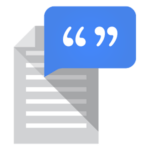 Many text-to-speech readers are available that can assist with ebooks. Your device and platform may determine which works best for you.
Many text-to-speech readers are available that can assist with ebooks. Your device and platform may determine which works best for you. Making a book more enjoyable can easily be done by including some after-reading activities. Here are few to get you started. These are great to share with parents as well!
Making a book more enjoyable can easily be done by including some after-reading activities. Here are few to get you started. These are great to share with parents as well!
